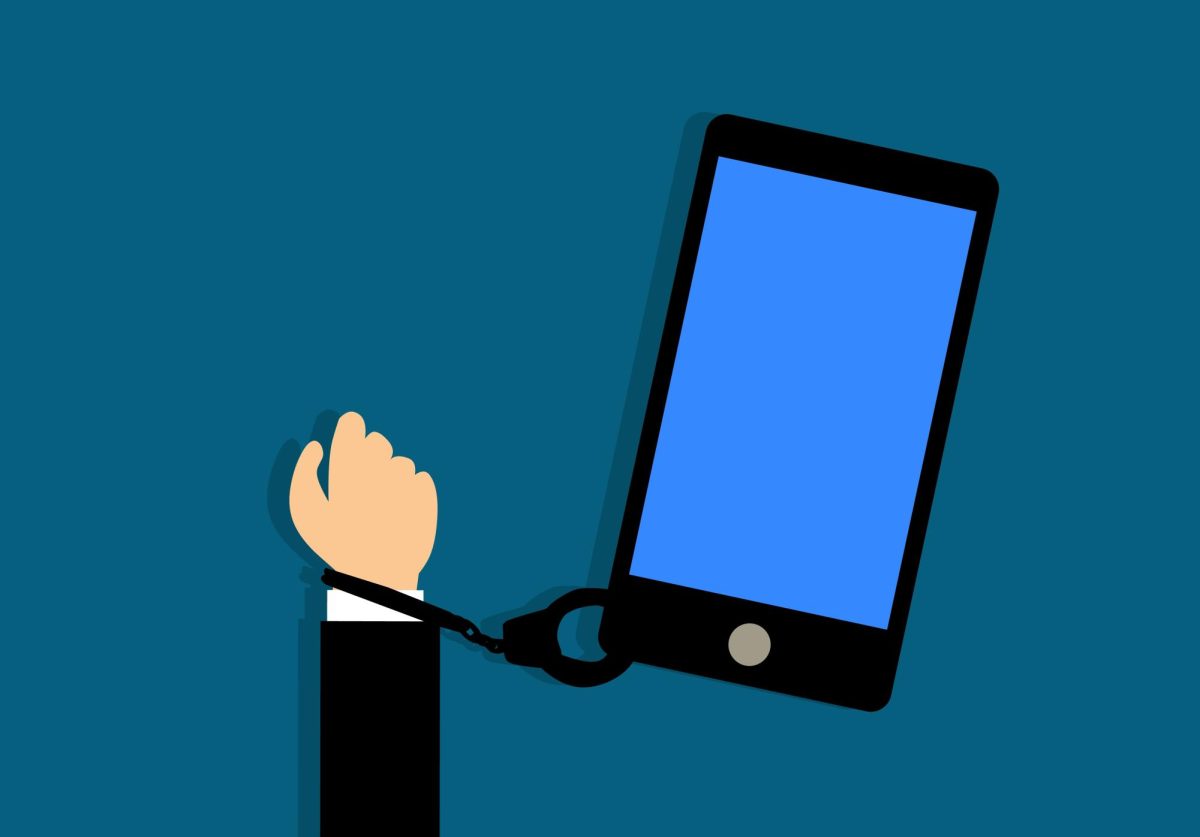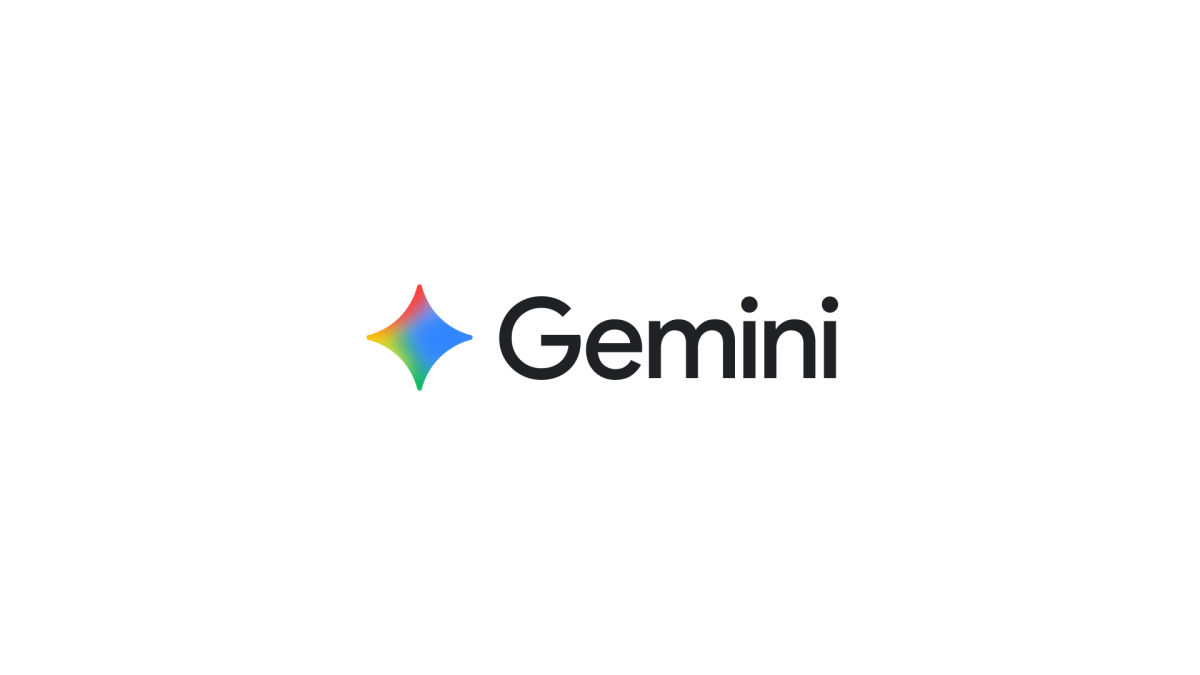We live in a digital age where it seems like everyone and everything is on social media. This can be beneficial for quickly contacting someone or finding information on a certain topic, whether for school, work or simply because you are curious. However, there are also times when social media can feel draining, and having constant access to the internet can be overwhelming for many.
The internet, while incredibly helpful, tends to bring unwanted stress. Some people may find themselves unintentionally comparing their lives to those of others, forgetting that people selectively choose what to post on social media and rarely share their negative experiences online. These platforms have also become a primary news source, both negative and positive. While some argue that people can avoid negative content by simply not interacting with it, platforms like X, formerly known as Twitter, have algorithms specifically tailored to keep site users aware of major events, even if they have no previous knowledge of the topic. This can prove counterproductive if you use social media to destress after a long day.
So, is disconnecting from social media and our devices the only way to improve our mental health? Studies agree. Technology, Mind and Behavior conducted a study involving 230 undergraduate students who were placed into two groups: one group continued their usual social media use, while the other group was limiting their intake to just 30 minutes a day. Two weeks later, those in the limited social media use group reported improvements in their psychological well-being, with reduced feelings of anxiety, depression and loneliness.
However, it can be difficult to completely disconnect or limit your screen time. When you find yourself with nothing to do, muscle memory subconsciously causes you to reach for your phone and scroll through various social media platforms. This can cause intense feelings of FOMO if you do not use it for a day or even a couple of hours. This raises the question of whether there is a much bigger issue at hand and if disconnecting is merely a temporary solution.
Addiction to social media is real. You may know someone who spends too much time on these platforms, or you may be that person. The brain can rewire itself to view social media interactions as rewarding due to the dopamine release, creating a cycle of craving positive reinforcement that can continue afterward.
As a way to combat this and control our tolerance, we can rethink how we engage with these platforms or consider taking part in a digital detox. This involves gradually reducing the amount of time spent on electronics until we feel less and less dependent on them. Personally, when it comes to engaging with these platforms and content, I like to consider why I am using them and ask myself, “Does this spark joy?” This is the classic KonMari Method, where our feelings determine our decisions about what to keep and interact with. If it does not spark joy, I take a deep breath, disconnect and focus on other activities I find enjoyable.






